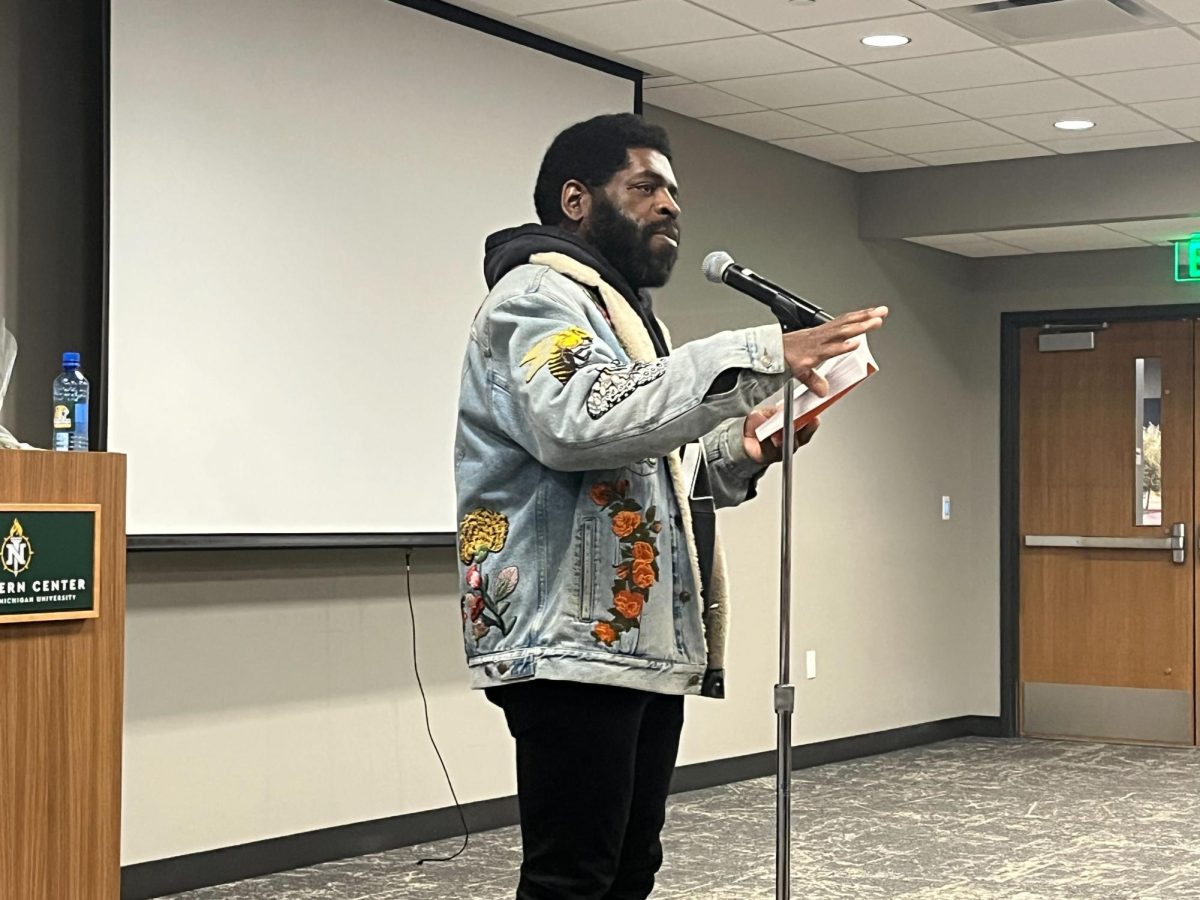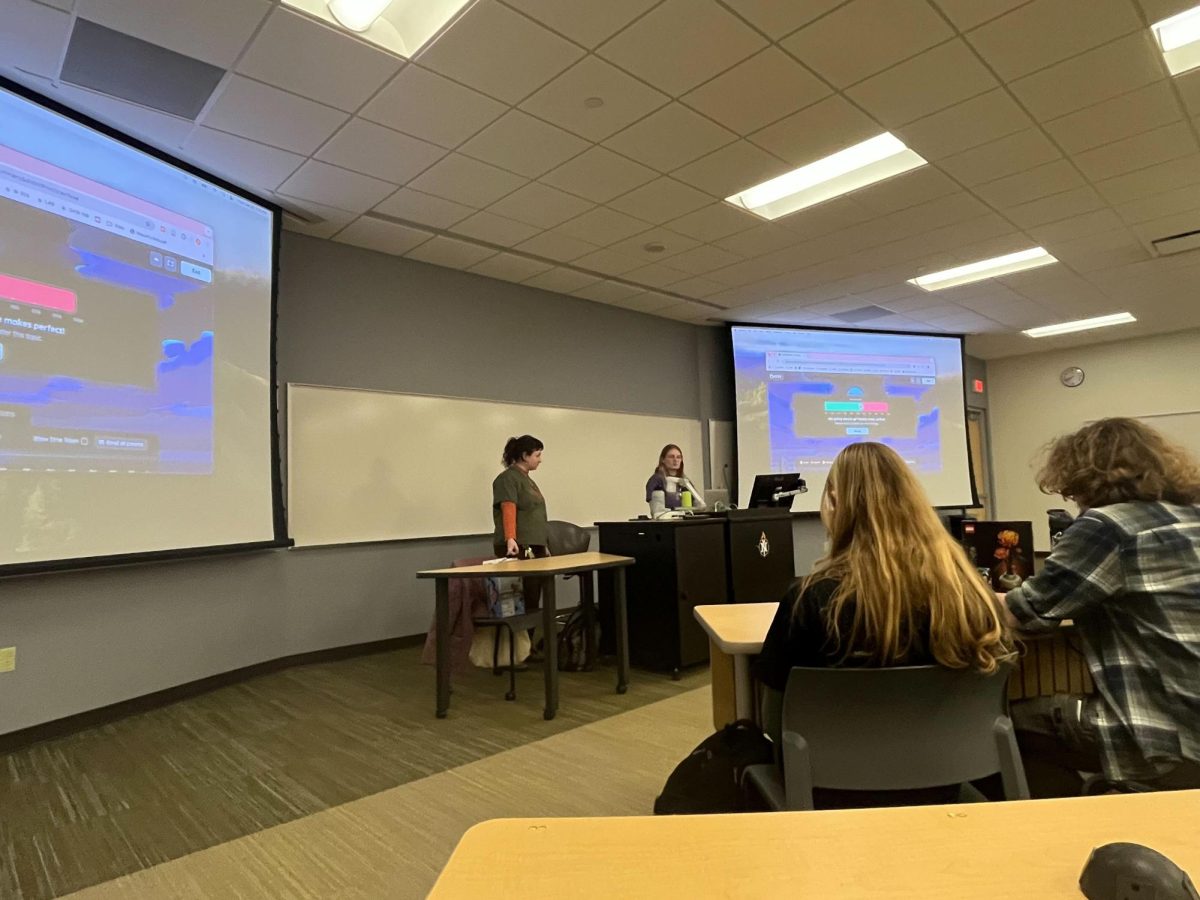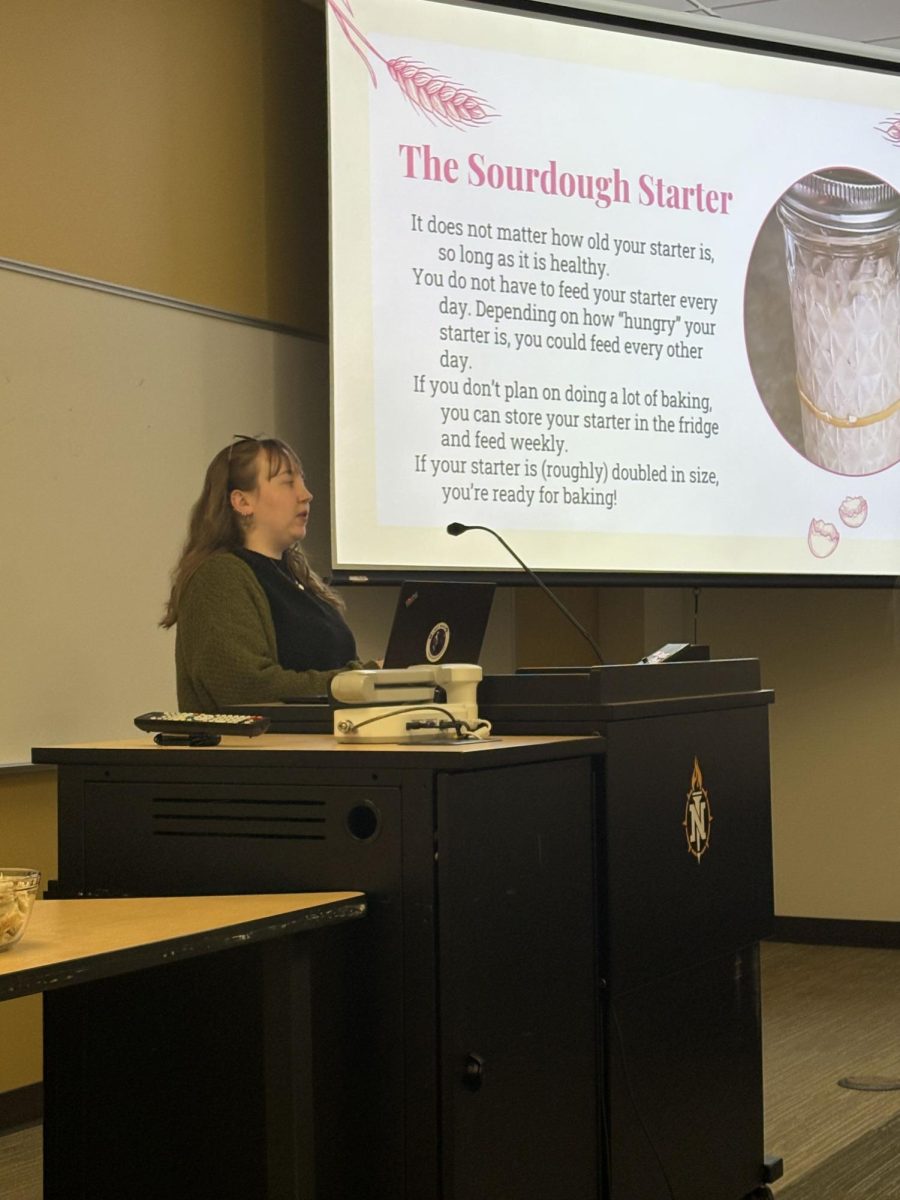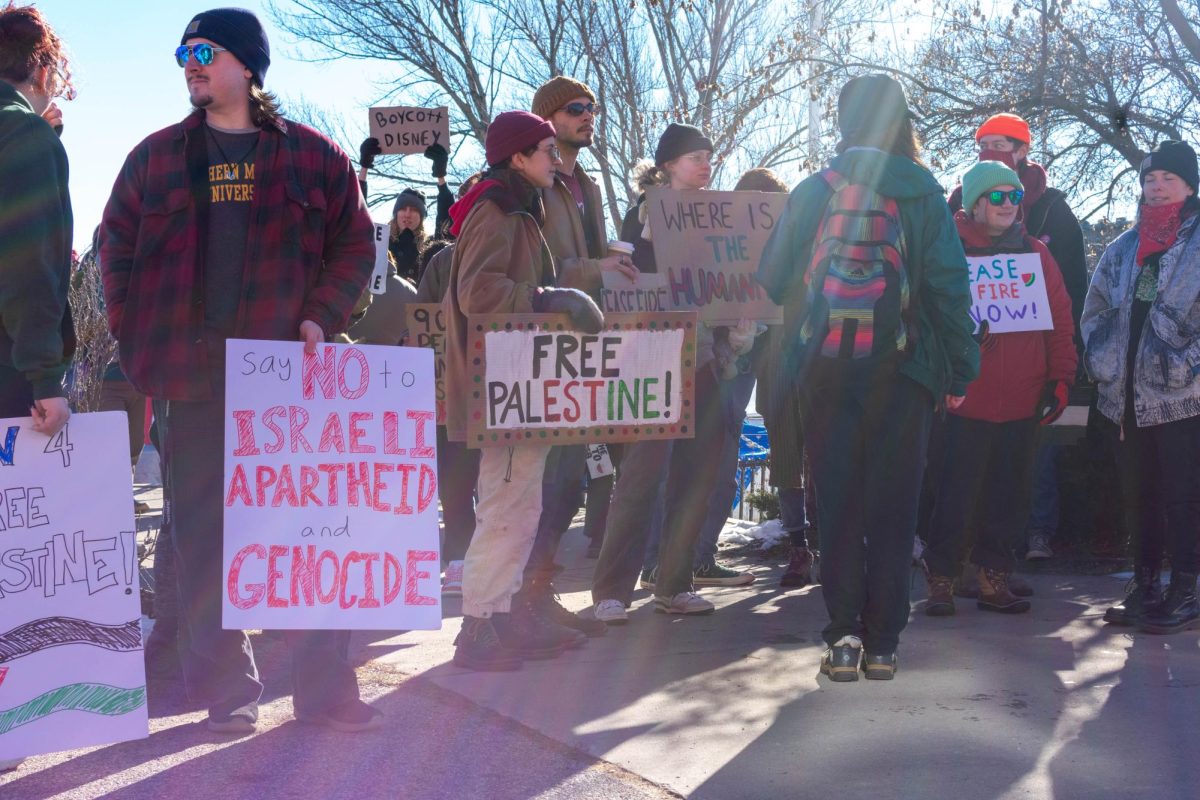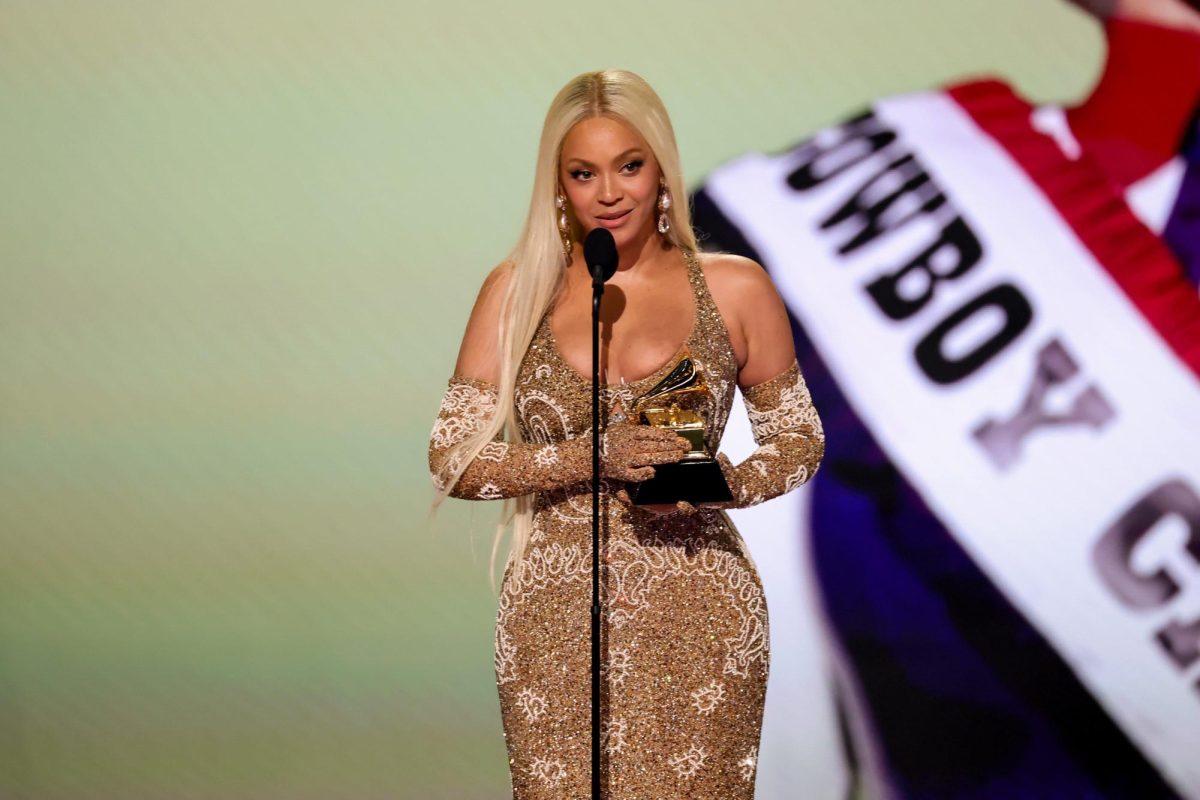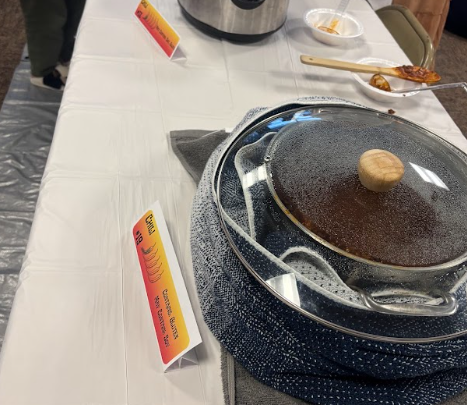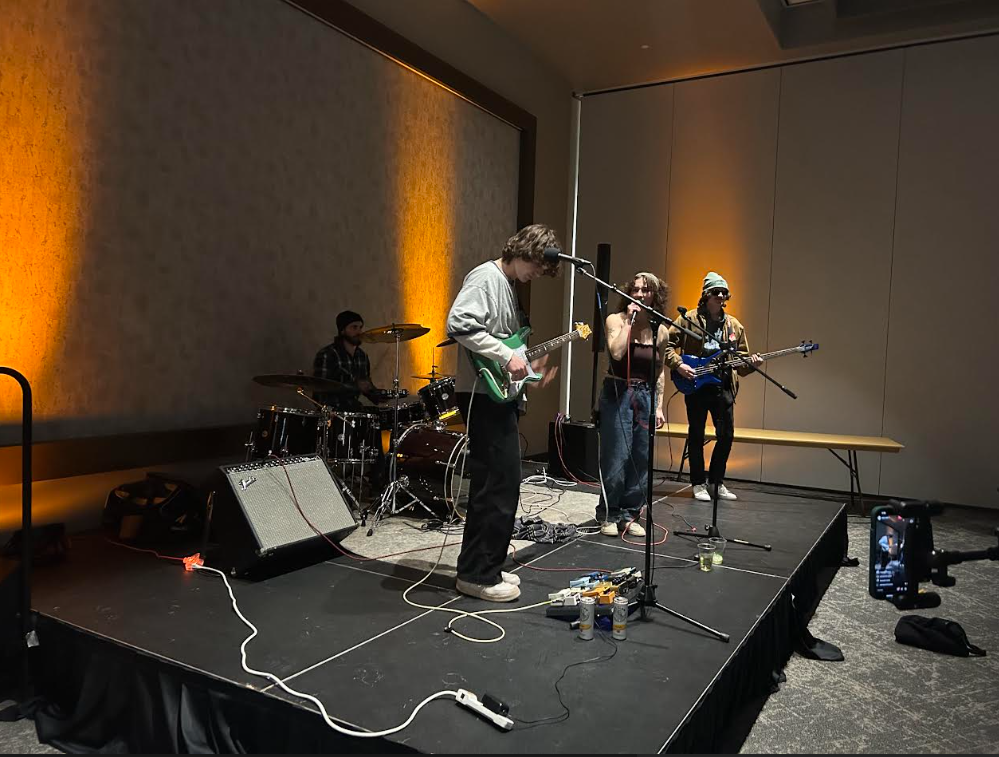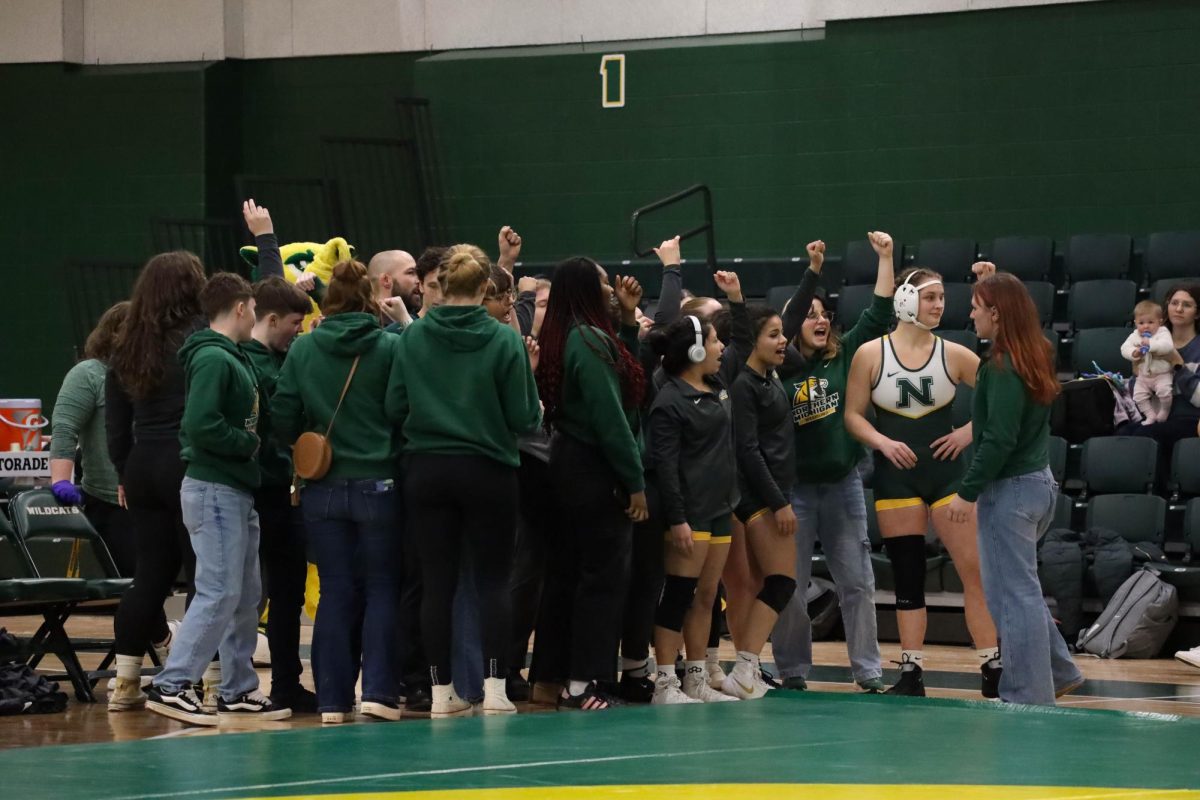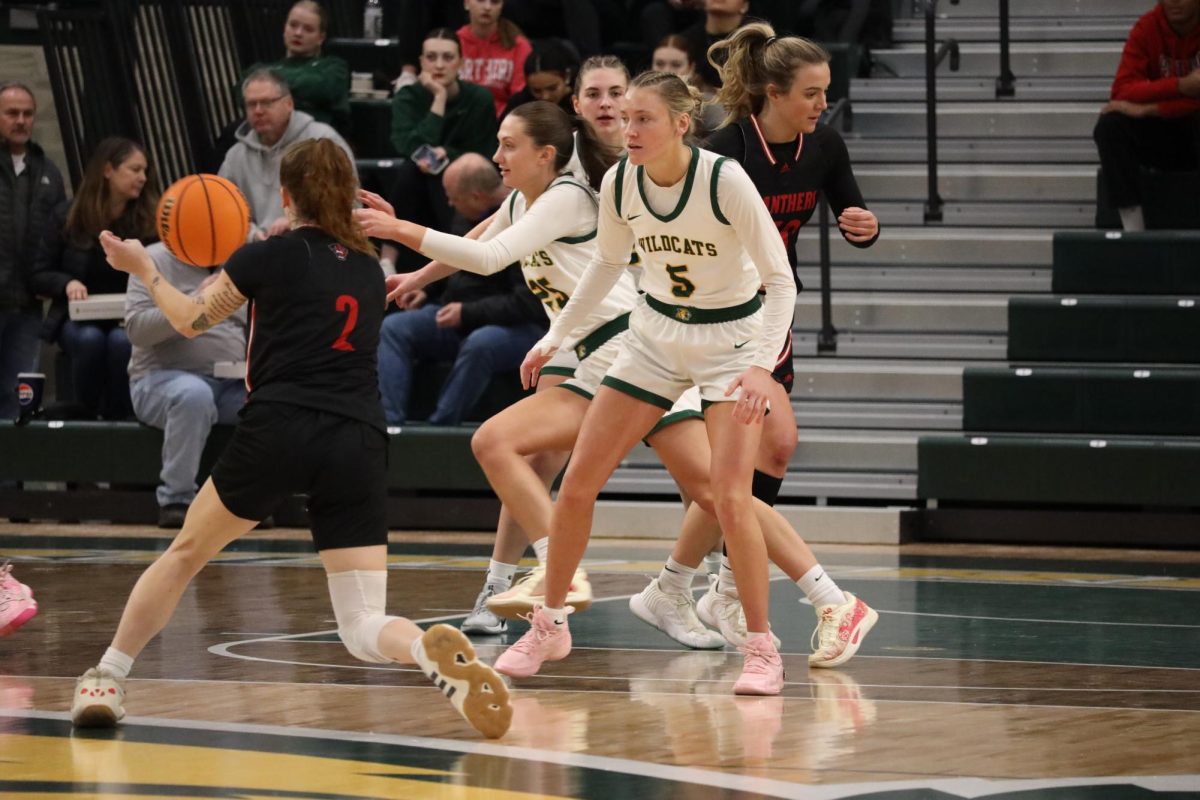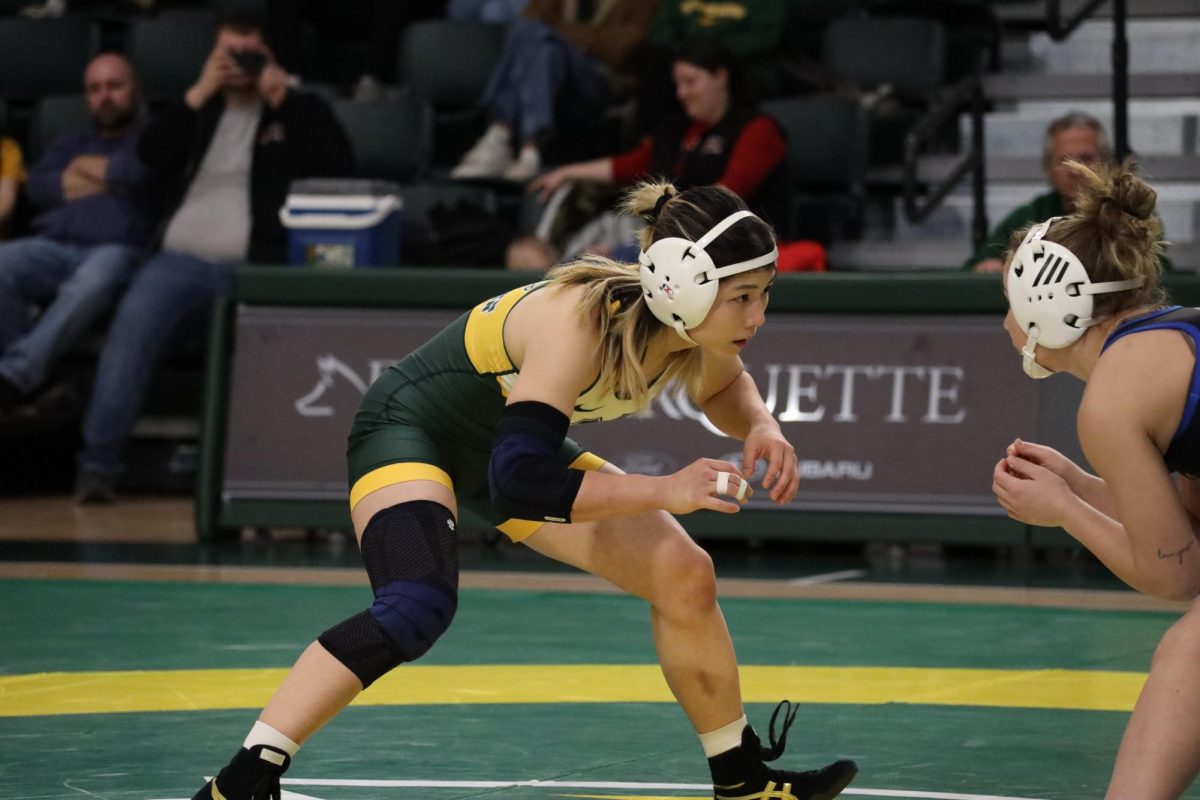The first presidential debate took place on Monday, Sept. 26, between Hillary Clinton and Donald Trump. In other words, it was a yelling battle between the two parties who have had control for over a century. I did not intend to watch it because I will be voting for Gary Johnson this fall.
However, I did reluctantly watch it because I thought maybe there was something I could learn or a perspective I hadn’t thought of before.
My favorite scenes from the evening consisted of Trump arguing with the moderator, Lester Holt, whether or not stop and frisk was ruled unconstitutional in New York (which it was as correctly stated by Holt). My other one was Clinton stating Trump supported the Iraq War and him replying that he did not (although, Clinton voted in 2002 for the use of military force in Iraq).
While the party system is something that cannot be avoided, as arguably stated in “Federalist No. 10” by James Madison, we do not need to support the 2-party monopoly. Much of the lack of a third party in presidential elections is due to the fact that many third parties cannot make the debate stage. I will touch on congressional elections afterwards.
But why is this? Who controls the presidential debates?
According to debate.org, “The Commission on Presidential Debates (CPD) sponsors and produces debates for the United States presidential and vice presidential candidates.” Not only does the CPD control the debates, but it is run and operated by the Democratic and Republican parties who are funded by corporations.
Since 2000, the CPD requires that for a candidate to be included in national debates they must have at least 15 percent support in five national polls or more.
The implications of this rule are fairly obvious. In 2008, the Center for Public Integrity (CPI) claimed the CPD as a “secretive tax-exempt organization.”
This came after the CPI found that 93 percent of the funding for the nonprofit came from six donors, all of whom are kept unnamed. Essentially, there are six, assumingly, major corporations or groups who are supporting the 2-party system. This raises many questions as to why six major corporations want either of the two parties in the White House.
Outside of the presidential debates, there are larger issues at hand. For example, NMU and TV6 are hosting a debate for the 1st Congressional District between Republican Jack Bergman and Democrat Lon Johnson. But there is a third candidate who will not be allowed in, although she has been allowed in other debates around the district. She is Libertarian candidate Diane Bostow.
The candidates for the debate were chosen by TV6. As a news outlet they should remain unbiased and not pick parties or sides. However, they are being extremely prejudiced by favoring two parties and excluding a major candidate in the district.
If we are going to fix many of the issues in this country, internal and external, it is important to allow at least a third voice. But first we must exclude many of the prejudices created by the CPD and news outlets, such as TV6.

